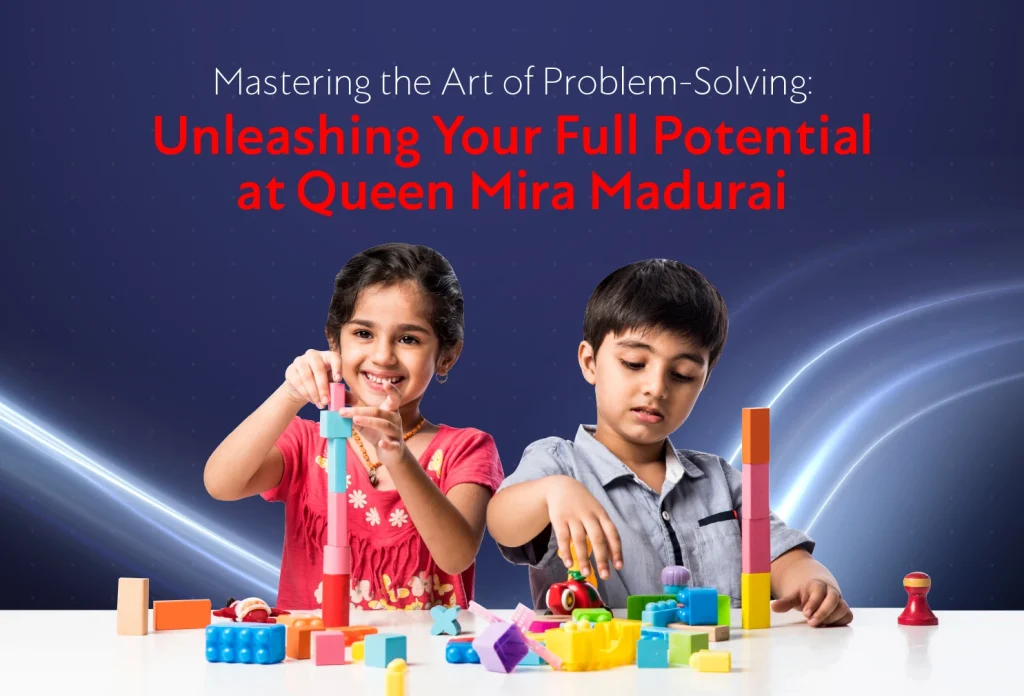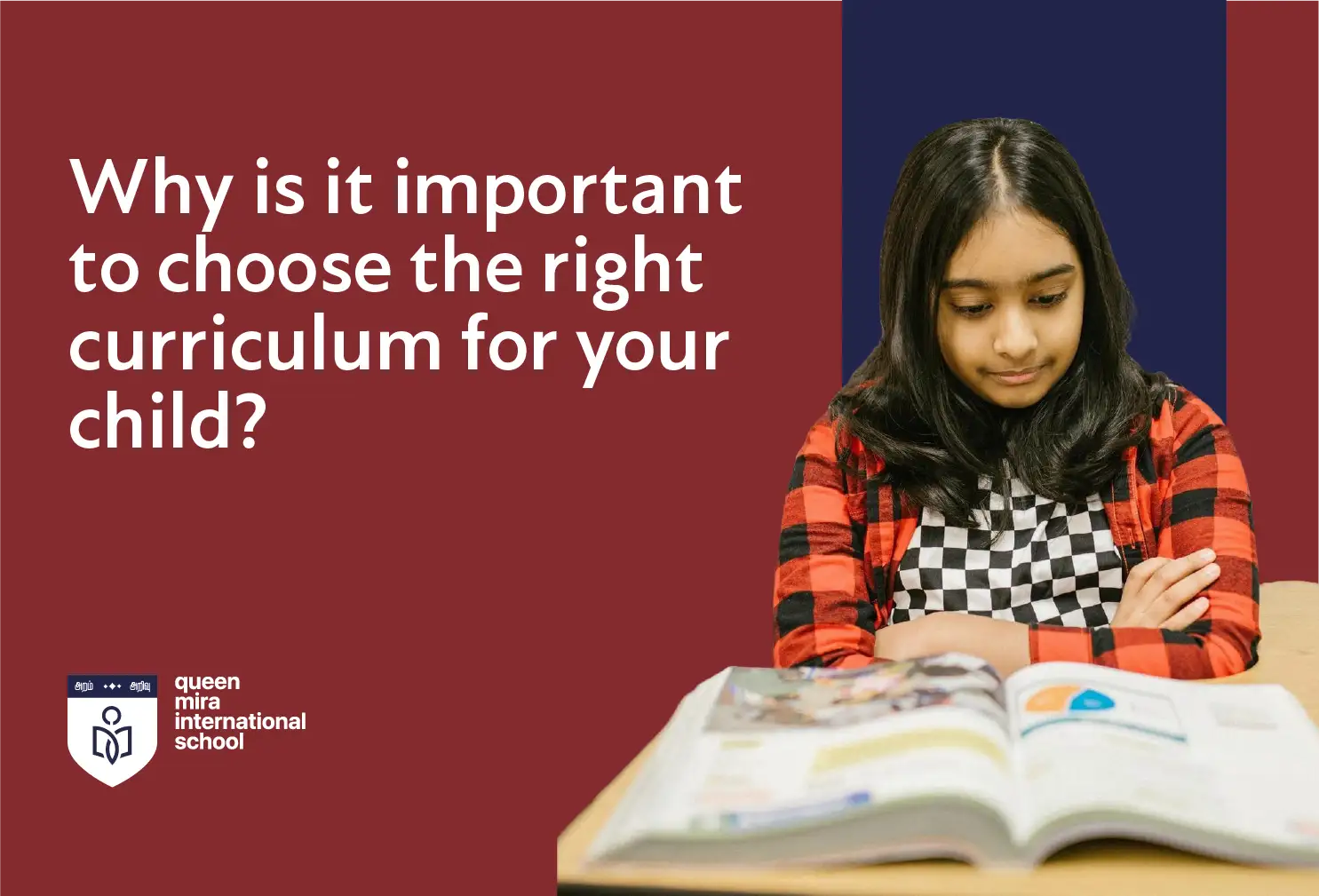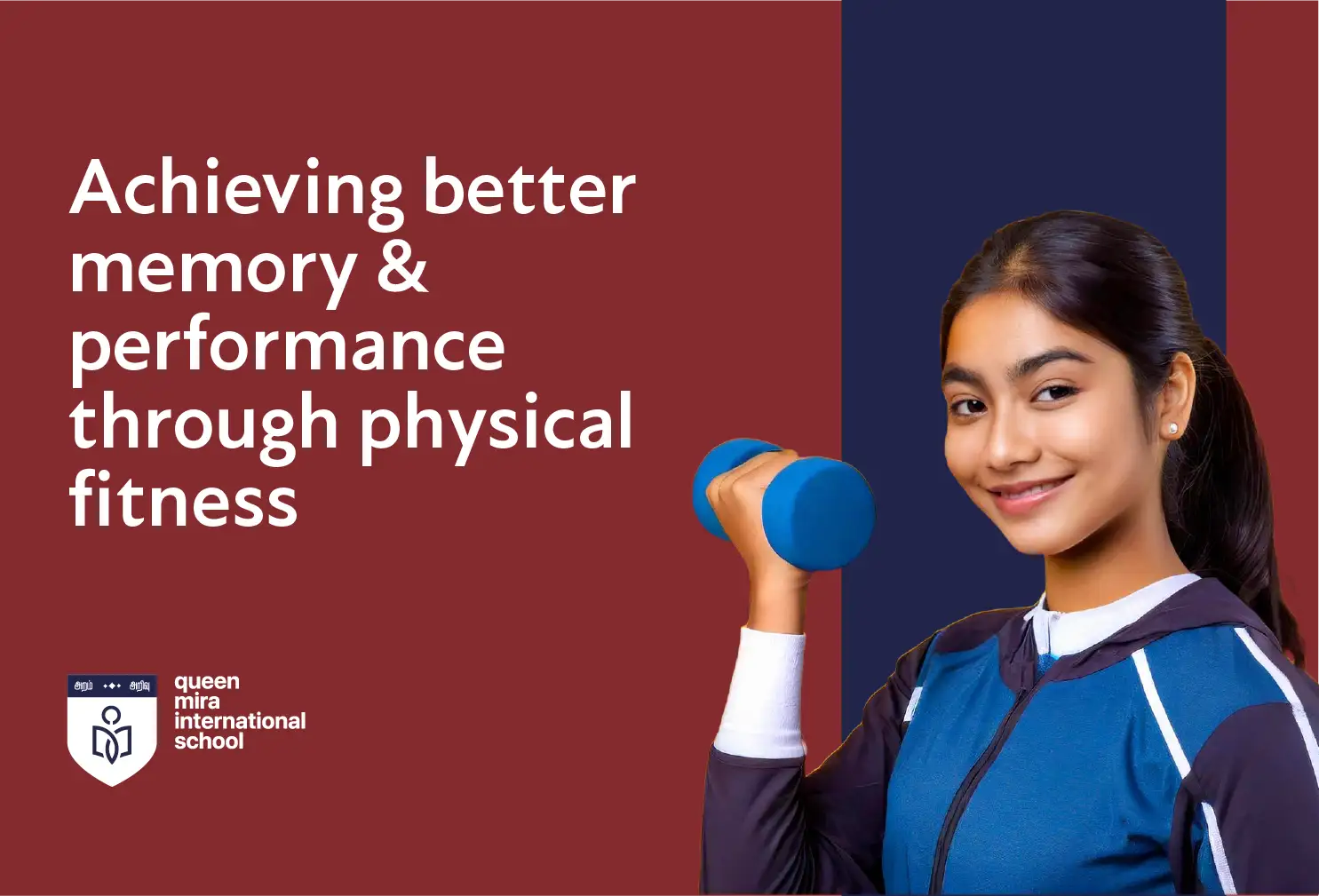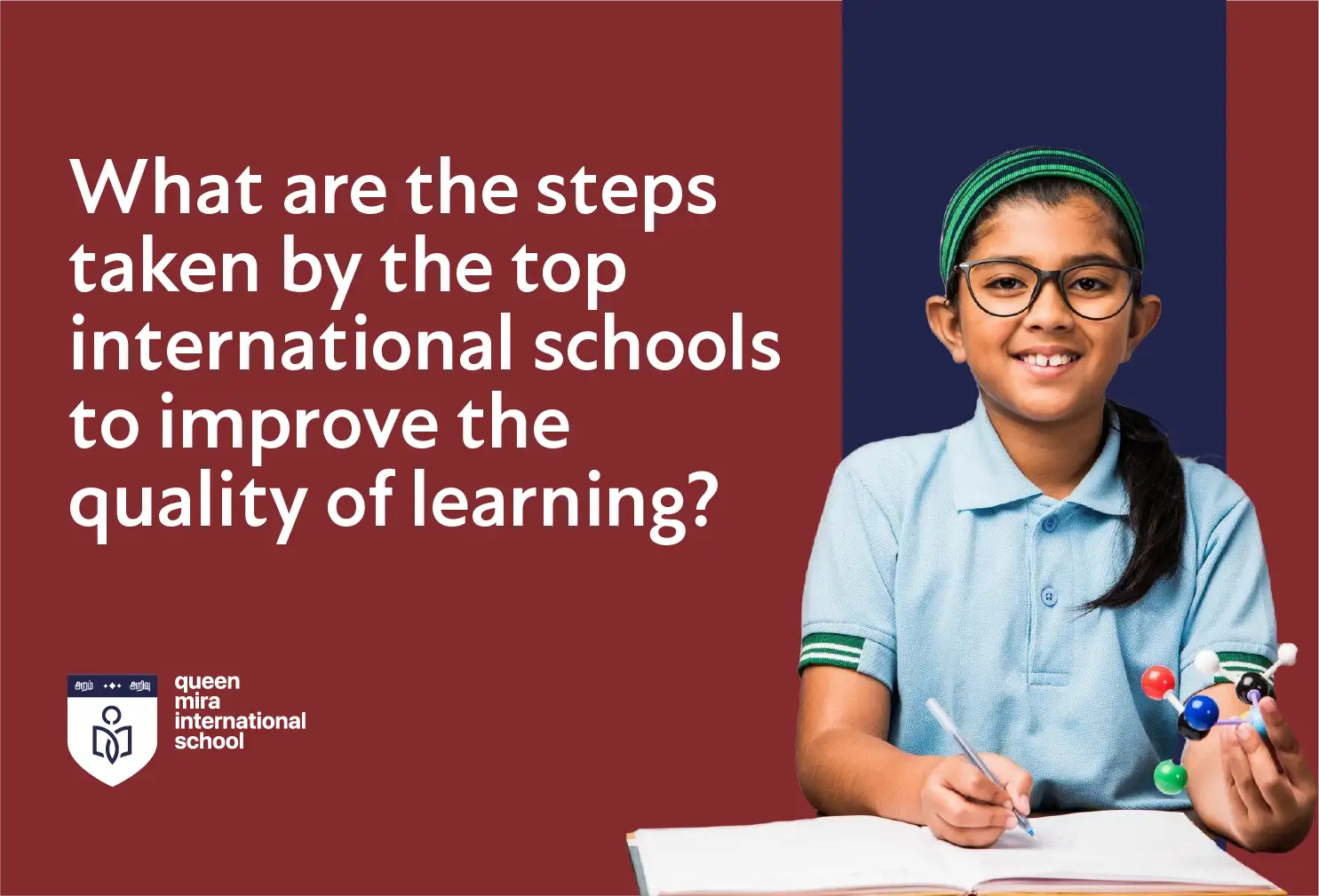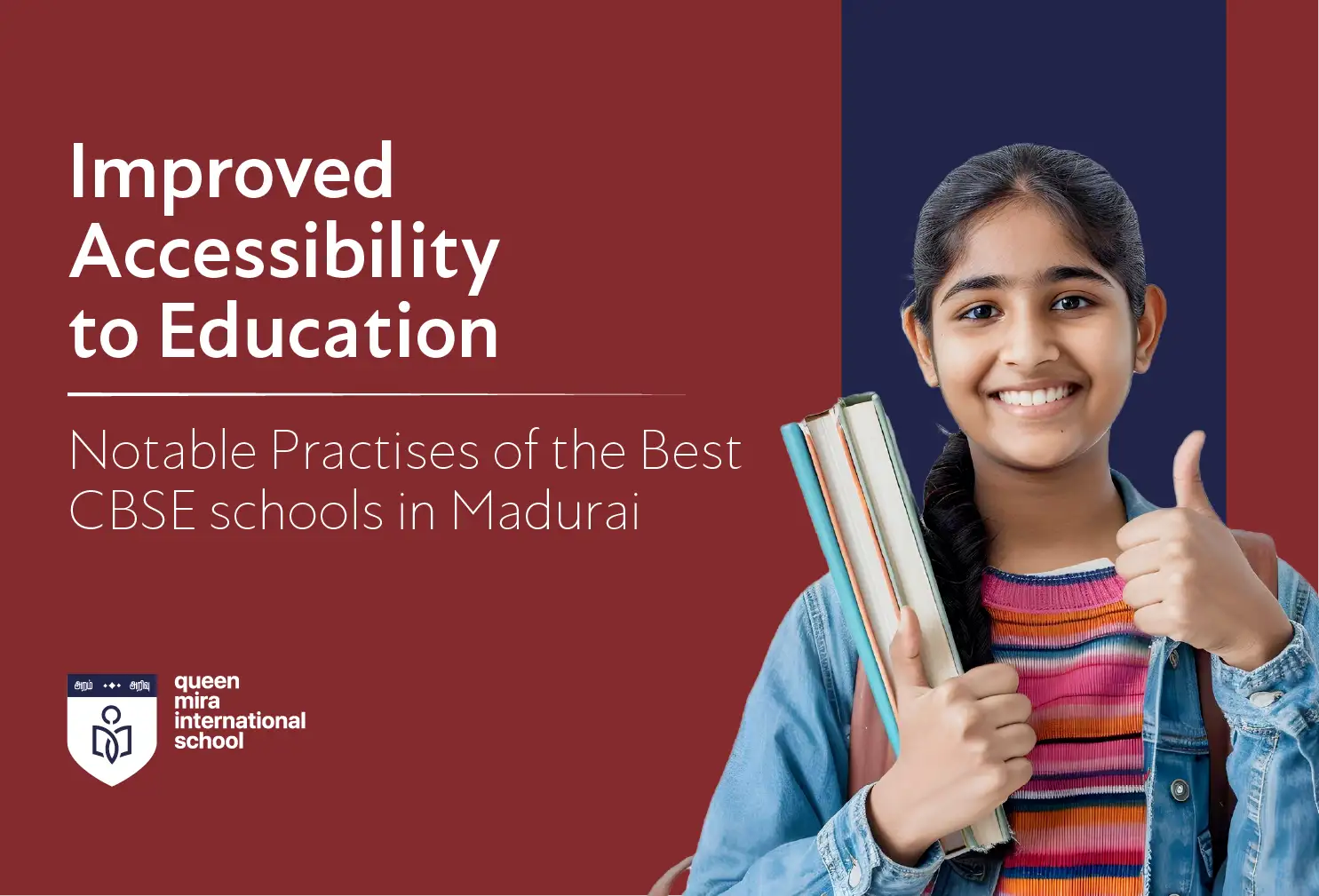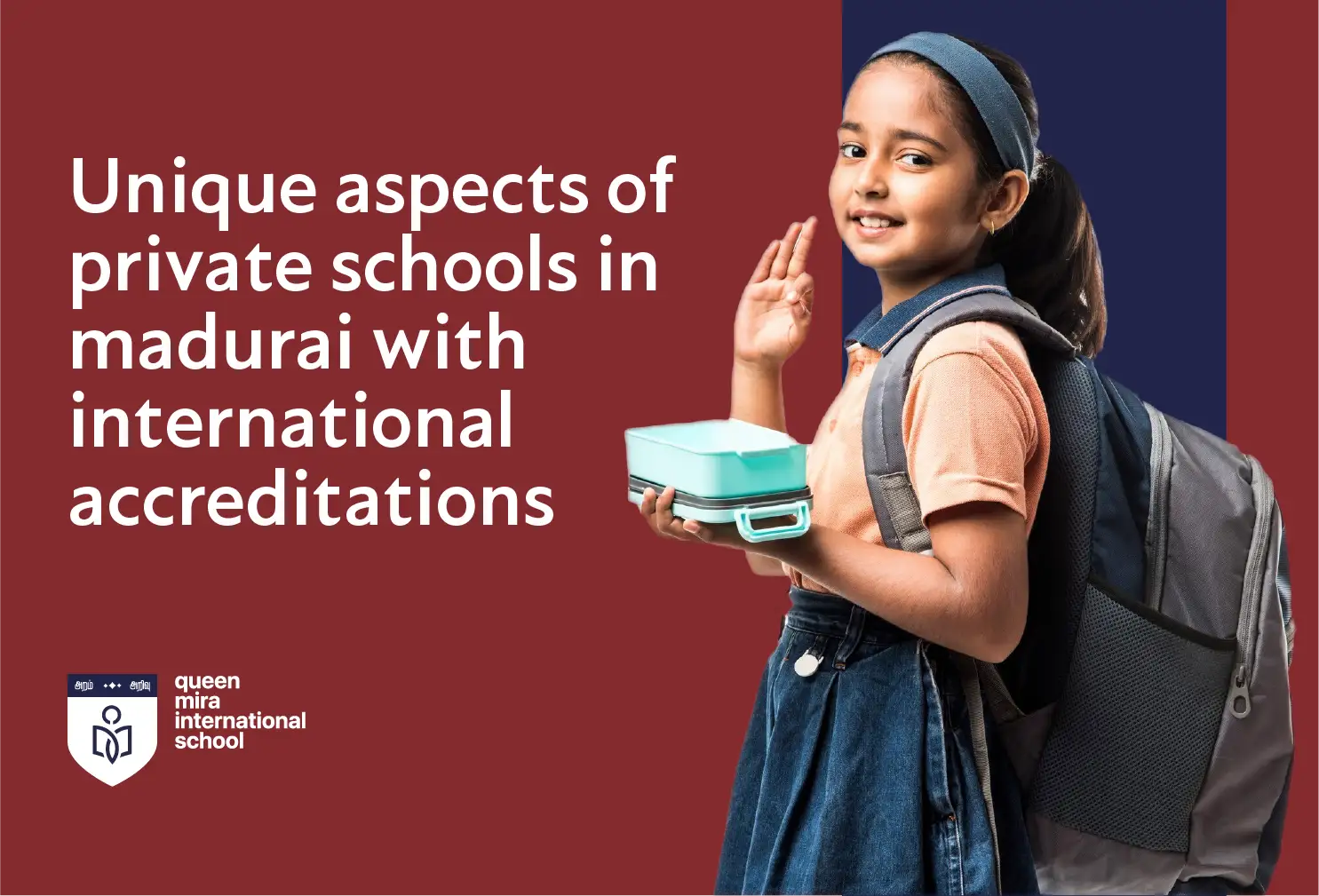Acing the Problem-solving Skills: Unique Learning Techniques at Queen Mira Madurai
What do you think can induce problem-solving skills in students? Is it an international education? Well-planned co-curricular? or through experiential learning. Most of the time, it is a combination of all the above to help students inculcate problem-solving skills. Problem-solving is all about finding the most apt solution to a problem which demands identifying the issue first, considering possible solutions, evaluating the risks and benefits of each, and choosing the best course of action. Students keep learning problem-solving skills as they learn to solve day-to-day problems throughout their lives. This blog will act as a guide in explaining the need and benefits of problem-solving skills and the notable practices at Queen Mira Madurai.
How do the CBSE international board schools achieve this?
Brainstorming: It is a creative process that prods students to think critically from multiple perspectives and come up with interesting solutions. Additionally, they will also learn to learn and appreciate varied opinions and ideas. By collaborating they learn to evaluate and create a list of possible options that will best suit the given scenario.
Case studies to simulate thoughts: This is a scientific method of developing mental scenarios, describing them in detail and then evaluating how well the description matches the real situation. Students get to develop communication and problem-solving skills.
Role-play: As an extension to thought simulation, role-play helps students to empathise and be their best in a given situation. Students are exposed to varied scenarios which pushes them to develop problem-solving skills and put up their best behaviour.
Strategy card analysis and Venn diagrams: Strategy cards are instruction cards with a series of steps to arrive at a solution/goal. Venn diagrams can be used to identify, evaluate, and match individual and group goals. Both are fun methods that freshen up young minds, urging students to think critically and responsibly.
Mind mapping: It is a problem-solving tool that helps students draw their thoughts and ideas on paper. Quick thinking and processing ideas are the benefits of this method and the visual representation is an engaging way to simplify complex ideas.
Comparing scenarios: This is another experiential learning method where students are asked to compare two given scenarios. They learn to analyse information and develop logical reasoning and problem-solving skills.
Concept sketches: These learning tools help students to better understand a concept by studying, simplifying, and sketching the concept. It is an ideal tool to test their understanding and evaluate their thinking level. For instance, using a concept sketch, students will better understand the factors that help in plant growth, than learning just through textbooks.
Benefits of developing problem-solving skills.
- Builds confidence: Problem-solving skills help students solve problems, build their confidence, and toughen their personalities. Students who master problem-solving skills can express themselves better, connect & share their ideas, and develop self-esteem.
- Collaborating skills: When students are engaged in problem-solving activities, they learn to seek/offer help from their peers, talk and exchange opinions, ask questions, and encourage them to collaborate and give their best even in a complex scenario.
- Develop presentation skills: Problem-solving skills help students develop presentation skills, express themselves better, and learn to communicate better. The right feedback and guidance from the teachers and peers can further help them present better.
- Learning becomes fun: Problem-solving enables a fun way of learning things by challenging an issue, acknowledging their strengths, and learning to solve it. The interaction with their peers, group activities, and creative thinking make students more willing to learn and enjoy as well.
- Fosters critical thinking: By exposing them to different thinking practises, students learn to handle problems, think logically, and simplify complex issues in a critical way. They not only learn to acknowledge their strengths but also accept varied perspectives and efficiently solve complex issues. Critical thinking also helps them determine if their process/solution will succeed or fail.
- Cultivates creativity: Students get more creative when they are allowed to think and feel empowered. They learn to view an issue/scenario from multiple perspectives and exhibit their hidden talents, to work as a team and arrive at the most suitable solution.
- Master problem-solving skills at Queen Mira Madurai.
Queen Mira International School, Madurai is the first in the world to be honoured with the CIS accreditation for exemplary academic performance, adhering to CIS standards, and creating change makers of tomorrow. Affiliated to the CBSE international board, the school has also merged the CIS core values to achieve holistic growth of students. The thoughtfully curated co-curricular & clubs, effective student enrichment programs, interactive classrooms and effective teaching methods focus on unveiling the hidden potential of each student and fostering life lessons such as critical thinking, time management, and problem-solving skills from a very young age. Visit the school website to know all about their unique initiatives in shaping responsible leaders of tomorrow!
